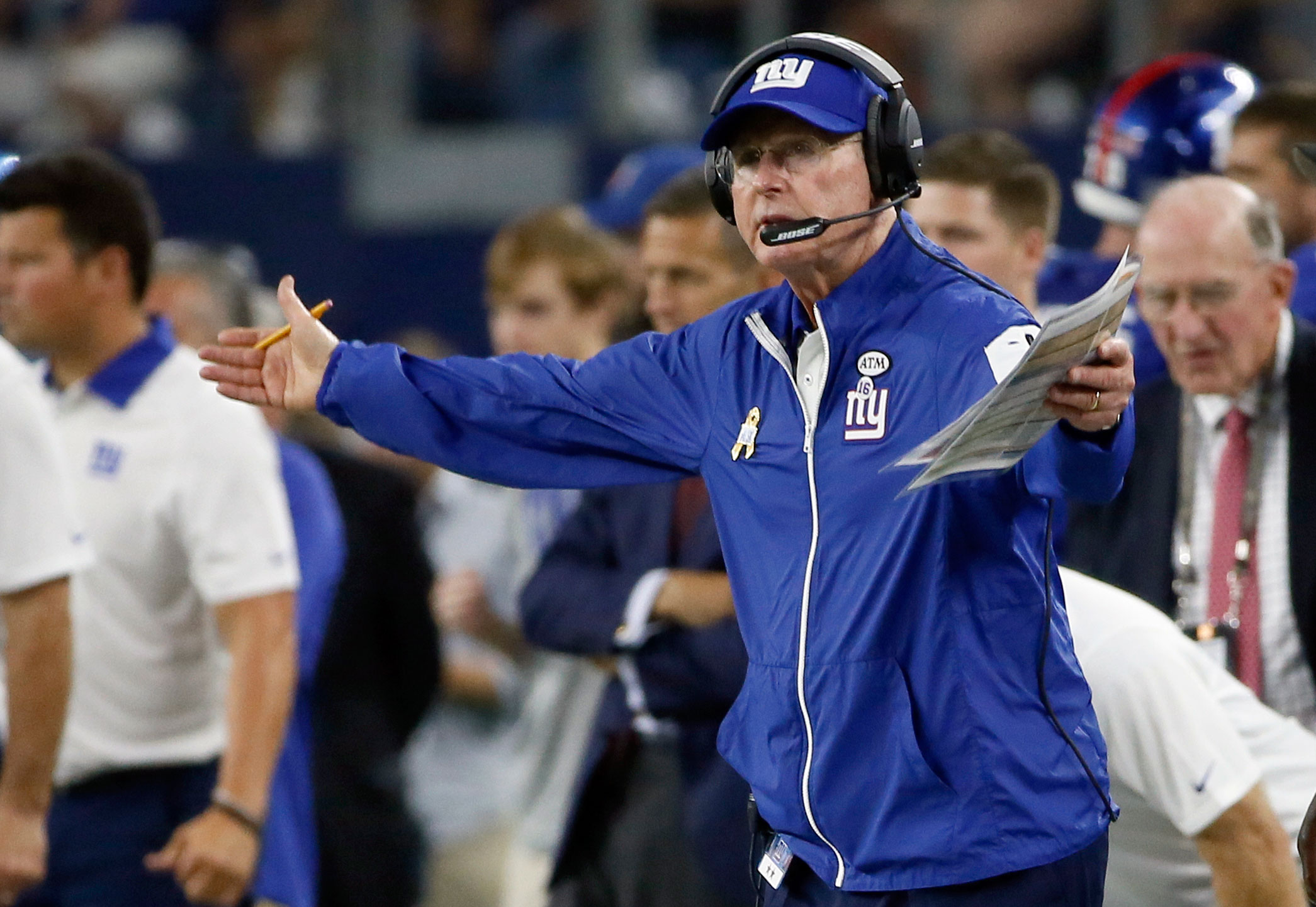WASHINGTON — It took all of about 90 seconds to get to the first invocation of “Moneyball.”
Even in 2015, even at a sports data conference sponsored by data-heavy companies such as Bloomberg and SAP (appropriately named Building the Big Data Economy: The Winning Formula in Sports), the 2003 Michael Lewis book and 2011 film adaptation is still used as shorthand to express the tenuous grasp we have on what all the numbers in sports mean and how we can use them to broaden our understanding of the game.
That’s where people such as Brian Burke come in. Burke isn’t a football insider; he’s a former Navy pilot who started crunching football stats in his spare time and started the website Advanced Football Analytics to put all his discoveries in one place. By filtering through massive amounts of data, Burke began to realize what other studies had shown: Some aspects of traditional football thinking were archaic, and accepted wisdom was often wrong.
In a pre-Internet world, it’s possible nobody would have noticed. But in 2015, ESPN did. They acquired an exclusive license for all of Burke’s tools and models and offered him a full-time job with their analytics team.
While the data revolution took over baseball a decade ago and began infiltrating basketball and hockey in the last few years, football has been slow to embrace new ideology, especially at the professional level.
“Football is a very conservative sport,” explains Burke. “And it’s a really complex sport.”
In baseball, there are only 24 possible base-out states: no runners on, one out; first and second, no outs; bases loaded, two outs, and so on. Football presents a nearly endless set of variables, when you include score, time remaining, down, distance and field position.
“It’s so complex, you really do need a computer,” Burke says. “You do need data to solve these problems analytically. We never really had the ability to do that until recently. In situations with really complex systems, the best thing to do is to sit back on the tried and the true.”
And that’s what coaches have largely done, to this point. A rash of overly conservative, bad analytical decisions this year have led to losses this year, especially in the NFL. Coaches seem reticent to accept reasoning that goes counter to conventional wisdom. But that’s not the case throughout the game.
“Innovation happens at the lower levels of the sport,” says Burke. “My theory is, that’s really driven by the fact that there’s not as much to lose. In the NFL, there’s a lot on the line. So there’s a lot of fear involved.”
There’s certainly plenty of secrecy. Media are not allowed to film live play calling during NFL training camps. The New England Patriots were embroiled in a huge scandal for allegedly taping opposing practices. And yet, at one major college football program, the offensive playbook is open to anyone who wants in.
Tony Franklin, the offensive coordinator for the California Golden Bear football team, holds a conference call every Monday evening to crowdsource and openly share ideas about how to push the game forward. On the other line are 250 top high school football coaches from around the country.
“That openness is what really drove fanalytics,” says Burke. “We wouldn’t be here talking about analytics if it weren’t for a bunch of guys and gals who took this up as a hobby, the Bill Jameses of the world, and I’m one of them. We all started out as fans with ideas, but we’re leaving a mark — a dent in the sports world.”
Another level down, at Pulaski Academy in Little Rock, Arkansas, head coach Kevin Kelley has made a name for himself by doing the unthinkable: He stopped punting. His team finished no worse than the state quarterfinals the next five years, winning the title in 2011. The Bruins are currently 10-0 and ranked fifth in the state.
And while there’s more freedom to throw new strategies at the dart board and miss at the prep level, there more value than ever in finding people who can provide the correct analysis of data at the professional level. It’s why ESPN invested in Burke. And it’s the open frontier of professional sports — new systems of data, such as MLB StatCast, are pouring in new levels of information faster than front offices can determine what pieces are valuable and able to be harnessed and improved upon.
“We’re very data-heavy and analysis-poor right now,” says Burke. “So there’s definitely a premium on analysts who really can make sense of it.”






